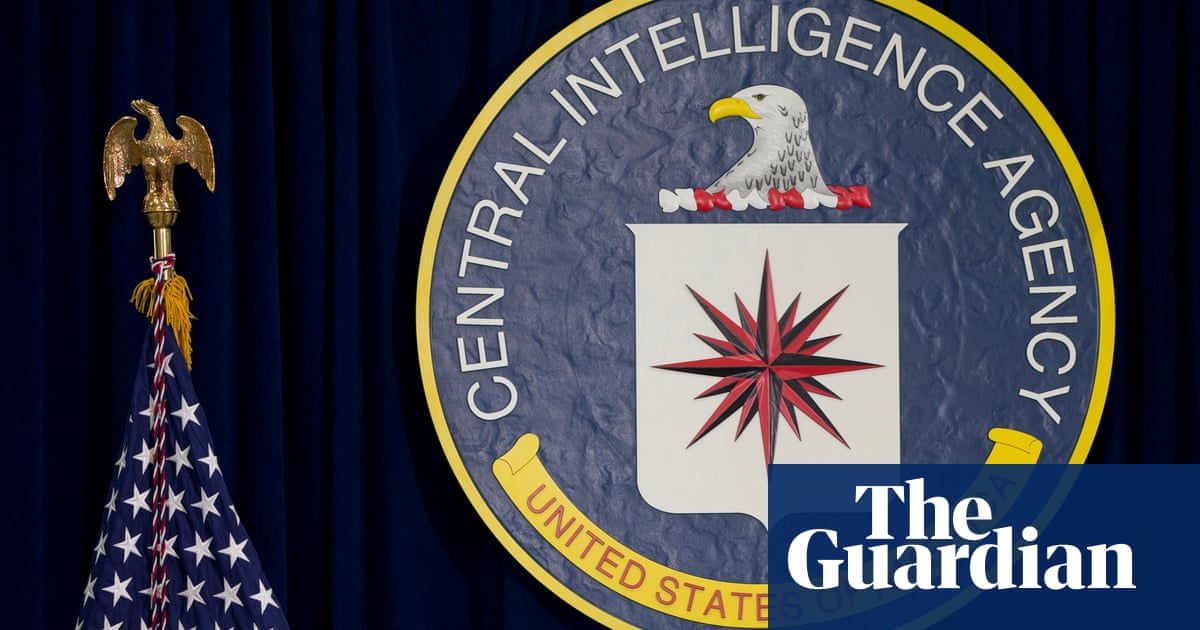 |
|
The Central Intelligence Agency's (CIA) announcement of buyouts offered to its entire workforce has sent shockwaves through the political and intelligence communities. This unprecedented move, reported by the Wall Street Journal and CNN, is explicitly linked to the Trump administration's efforts to align the agency with its priorities. The implications are far-reaching, potentially impacting national security, operational capabilities, and the morale of the CIA's workforce. The decision to offer buyouts across the board suggests a significant shift in the agency's direction, raising concerns about potential losses of expertise and institutional knowledge. The scale of this action is unprecedented, leading to speculation about the long-term consequences for the agency's effectiveness in fulfilling its critical national security role.
The stated goal of the buyouts is to bring the CIA in line with the Trump administration's priorities, which according to reports, include a heightened focus on combating drug cartels, navigating the complexities of Trump's trade war, and countering China's influence. This focus represents a significant strategic shift, potentially altering the agency's operational priorities and resource allocation. The specifics of these changes remain unclear, but the reported restrictions on hiring and potential rescission of conditional offers to applicants suggest a deliberate effort to reshape the agency's personnel based on specific ideological and strategic alignment with the Trump administration's agenda. This raises questions about the long-term consequences for the CIA's effectiveness and its ability to address a broader range of national security threats.
Beyond the immediate impact of the buyouts, the CIA's actions reflect a broader pattern of government restructuring under the Trump administration. The administration's pursuit of downsizing the bureaucracy and installing loyalists has been a recurring theme throughout its tenure. The offer of buyouts to a significant portion of the federal workforce underscores this objective. The timing of the CIA's decision, following the White House's announcement of a similar buyout offer to federal workers, suggests a coordinated effort to significantly reshape the federal government’s workforce. The potential for partisan bias in personnel decisions is a major concern, raising questions about the agency’s ability to maintain objectivity and impartiality in its intelligence gathering and analysis. The lawsuit filed by unions representing US government employees aims to prevent these widespread buyouts, indicating significant resistance to the administration's plan.
The reported increase in focus on the Western Hemisphere, targeting countries not traditionally considered adversaries, reflects a significant shift in geopolitical priorities. This strategic recalibration of the CIA’s focus could have significant impacts on international relations, potentially creating new alliances or escalating tensions with existing partners. It also raises questions about the agency’s capacity to adequately monitor and respond to threats originating from other regions of the world. The lack of transparency surrounding the budget and staffing levels of the CIA exacerbates the uncertainty surrounding the buyouts and the agency’s future direction. The lack of a formal response to media inquiries further compounds the lack of clarity and fuels speculation about the true motivations behind these significant changes.
Furthermore, the actions taken by the CIA are consistent with the tenets of “Project 2025,” a conservative manifesto that advocates for extensive personnel changes within the federal government. This document’s call for mass firings and the replacement of civil servants with political appointees clearly aligns with the current trend of restructuring and realignment within federal agencies. The implications extend beyond the mere replacement of personnel; they suggest a profound shift in the values, priorities, and strategic direction of these vital governmental institutions. This raises serious questions about the long-term consequences for effective governance and the integrity of essential national services.
The potential consequences of these actions extend far beyond the CIA itself. The erosion of institutional knowledge and expertise within the agency could significantly impair its ability to effectively analyze intelligence and provide informed advice to policymakers. The prioritization of loyalty over competence could lead to compromised intelligence assessments, potentially resulting in flawed policy decisions with serious national security implications. The wider context of this trend in government restructuring raises concerns about the stability and effectiveness of the American federal government, and the broader impact on democratic principles and processes.
In conclusion, the CIA’s offer of buyouts to its entire workforce represents a significant and potentially destabilizing development. The decision, rooted in the Trump administration's broader agenda to reshape the federal government, raises serious concerns about the agency’s future direction, its ability to maintain its professional integrity, and its long-term effectiveness in protecting national security. The lack of transparency surrounding the initiative further exacerbates these concerns and underscores the need for a thorough and independent assessment of the potential ramifications of these sweeping changes. The broader implications for the federal government's capacity to function effectively and to maintain its integrity are profound and warrant close scrutiny.
Source: CIA reportedly offers buyouts to entire workforce in latest Trump-era purge
